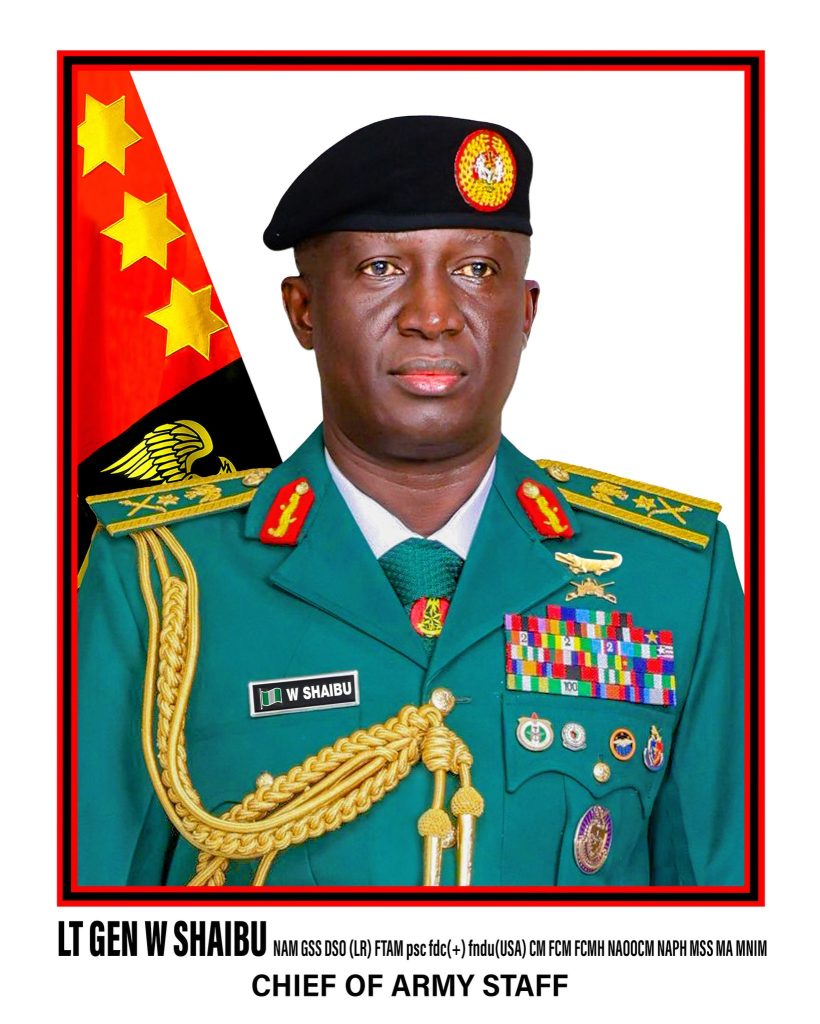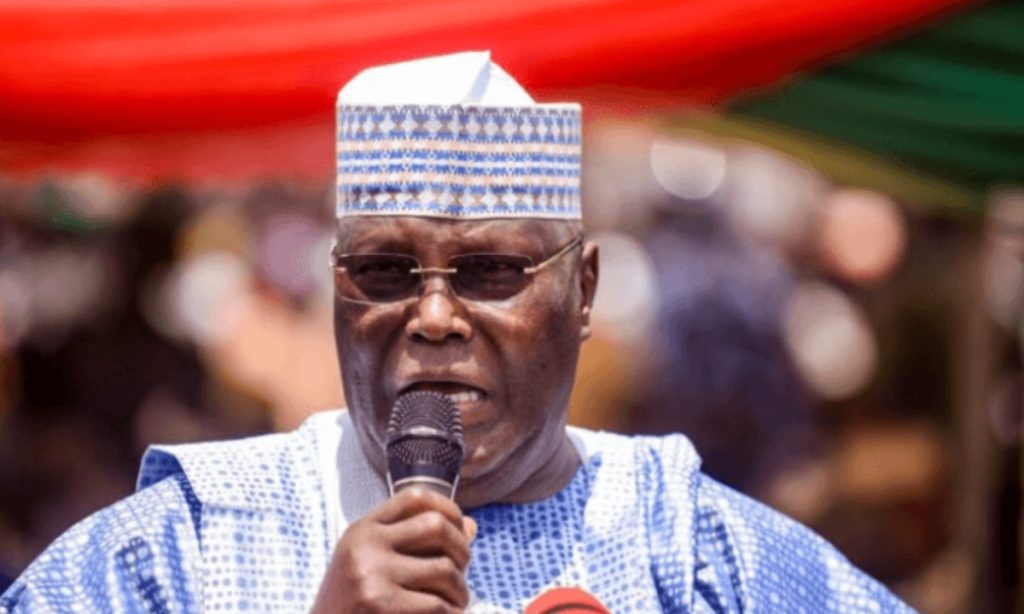A surge in demand for educational aid in Nigeria’s Cross River State has seen nearly 2,000 students compete for a limited number of bursaries, spotlighting broader challenges in accessing affordable higher education. Senator Jarigbe Agom’s initiative, offering 500 grants of ₦100,000 (approximately $90 USD) each to undergraduates from Cross River North studying outside the state, drew 1,975 applicants within hours. The portal for submissions, initially planned to stay open for a full day, closed after just 16 hours due to overwhelming interest.
Eligibility for the program is restricted to students under 30 from five local government areas: Ogoja, Yala, Obanliku, Bekwarra, and Obudu. The bursary committee emphasized that selections would prioritize transparency, with no consideration for political or social affiliations. “This system is blind to political parties and biases,” the committee stated. “Our sole focus is advancing education in Cross River North.”
The rush to apply underscores persistent financial barriers facing Nigerian students, particularly those from rural regions. Analysts note that rising tuition fees, inflation, and reduced household incomes have deepened reliance on scholarships and grants. Critics of government education policies argue that underfunding public universities and frequent lecturers’ strikes have exacerbated inequalities, pushing families to seek costlier alternatives, including private institutions or overseas study.
Local educators and civil society groups praised the bursary drive as a critical intervention. “Initiatives like this are lifelines for students who might otherwise drop out,” said Grace Ekpo, a teacher in Ogoja. While the program’s scale remains limited—only one in four applicants will secure funding—it has ignited calls for expanded state and federal support for education.
Similar bursary schemes have emerged across Nigeria in recent years, though uneven implementation and allegations of favoritism have marred some efforts. Agom’s team reiterated that digital verification tools and community oversight would ensure fairness. Successful applicants, to be announced next month, will receive funds directly to their accounts to cover tuition, books, or housing.
The response highlights a stark reality: even modest financial aid can draw thousands in regions where education costs outpace earnings. With youth unemployment at 8% and inflation near 34%, students increasingly view degrees as precarious investments. “This bursary isn’t just about money—it’s about hope,” said university student Aniekan Okon, among the applicants. “Many of us are racing against time to graduate and find work before our families can no longer afford to keep us in school.”
As debates over educational equity intensify, the Cross River North initiative offers a microcosm of both the urgent need for support and the logistical challenges of delivering it. For the 1,475 students who will miss out this round, the wait for solutions continues.



